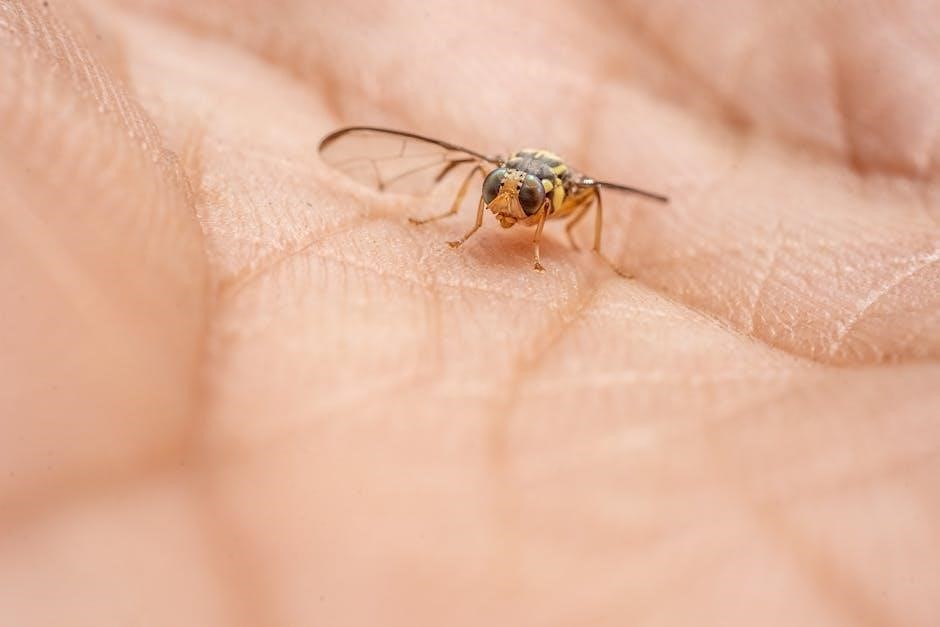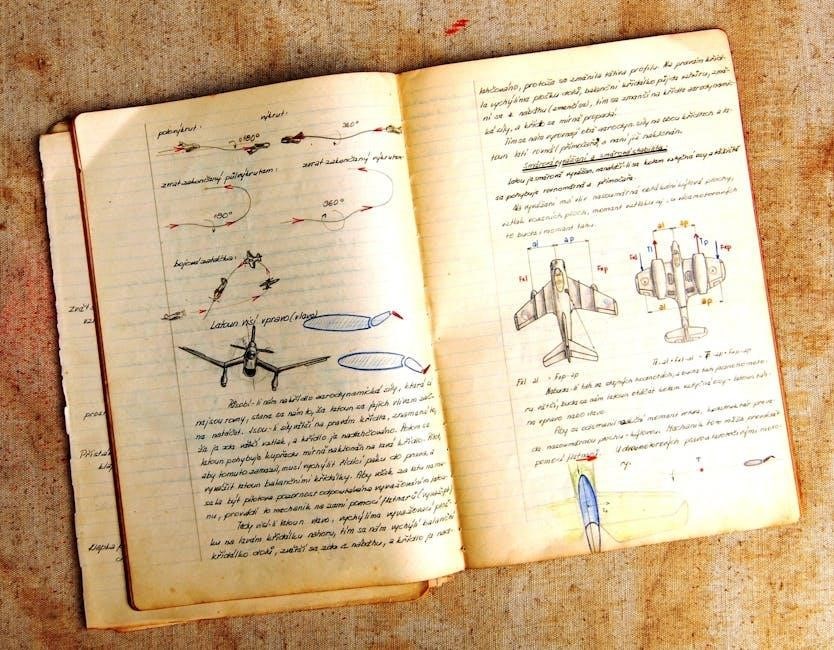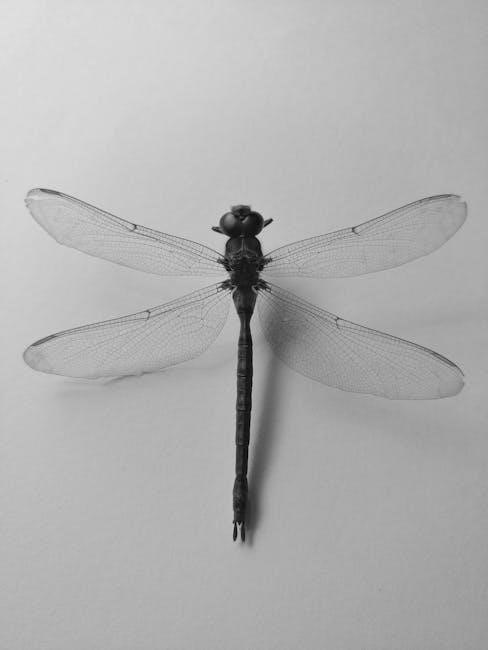
Flight paramedic certification requires a comprehensive understanding of critical care, aviation principles, and emergency medical services. This guide provides detailed exam preparation strategies, practice questions, and expert tips to help candidates succeed in their journey to becoming a certified flight paramedic.

Certification Process
The certification process for becoming a flight paramedic involves a rigorous exam that validates a candidate’s competency in critical care and aviation medicine. The exam covers ten diverse topics, including flight physiology, patient assessment, and aircraft operations, ensuring a comprehensive understanding of the field. Candidates must meet specific eligibility criteria, such as relevant work experience and current certifications in emergency medical services. The exam consists of multiple-choice questions designed to test both theoretical knowledge and practical application. Practice tests and study guides, such as those by Kyle Faudree and Mometrix, are highly recommended to identify weaknesses and improve readiness. Successful completion of the exam demonstrates expertise and commitment to delivering high-quality patient care in aeromedical settings.

Core Concepts
Core concepts include critical care principles, aviation medicine, and emergency procedures. These foundational elements ensure safe and effective patient care during aeromedical transport and emergencies.
Flight Physiology
Flight physiology is a critical component of flight paramedic training, focusing on how altitude, pressure, and acceleration affect the human body. Understanding these principles is essential for managing in-flight medical emergencies. Key topics include the effects of altitude on oxygen levels, gas expansion during ascent and descent, and the impact of G-forces on circulation; These concepts are vital for assessing and treating patients in an aerospace environment. The study of flight physiology also covers the physiological responses to stressors such as hypoxia and noise, ensuring paramedics can provide optimal care during transport. This knowledge enables flight paramedics to anticipate and mitigate potential complications, ensuring safer patient outcomes during aeromedical operations.
Aircraft Operations
Aircraft operations are central to the role of a flight paramedic, requiring a deep understanding of aviation safety, communication systems, and aircraft-specific protocols. Key areas of study include pre-flight checks, emergency procedures, and the proper use of aircraft medical equipment. Paramedics must also familiarize themselves with different aircraft types, such as helicopters and fixed-wing planes, each with unique operational characteristics. Effective communication with the flight crew is crucial, ensuring seamless coordination during missions. Additionally, understanding weather conditions, altitude limitations, and fuel capacity is vital for planning and executing safe transports. Mastery of these elements ensures efficient and safe patient transport, making aircraft operations a cornerstone of flight paramedic training and practice.
Patient Assessment
Patient assessment is a critical skill for flight paramedics, requiring a thorough evaluation of the patient’s condition to determine appropriate care. This includes conducting physical exams, monitoring vital signs, and interpreting diagnostic data such as ECGs and lab results. Paramedics must identify both obvious and subtle signs of distress, such as chest pain, respiratory difficulty, or neurological deficits. Special consideration is given to trauma patients, where assessing for injuries like fractures or internal bleeding is essential. Additionally, paramedics must adapt their assessment techniques for pediatric and neonatal patients, whose physiological responses differ from adults. Accurate and timely patient assessment ensures effective treatment and transport decisions, making it a cornerstone of flight paramedic practice.

Exam Preparation Strategies
Effective strategies include structured study plans, active learning techniques, and continuous review of critical concepts to ensure mastery of the material and build confidence for the exam.
Developing a Study Plan

A well-structured study plan is essential for success in the flight paramedic certification exam. Begin by breaking down the syllabus into manageable sections, focusing on core concepts like flight physiology, patient assessment, and critical care transport. Allocate specific time slots for each topic, ensuring a balance between theoretical knowledge and practical application. Incorporate regular practice tests to identify weaknesses and track progress. Use study guides and online resources to reinforce learning, and dedicate time for review and reflection. Consistency is key; stick to your schedule and adjust as needed to stay on track. A organized approach will help you cover all necessary material efficiently, ensuring thorough preparation for the exam.
Utilizing Practice Tests

Practice tests are a crucial tool for assessing readiness and identifying areas needing improvement. They provide a benchmark of your knowledge and help familiarize you with the exam format. Regularly taking practice tests allows you to gauge your progress and focus on weak areas. Simulate exam conditions to improve time management and reduce stress. Reviewing answers and explanations enhances understanding and retention of complex topics. Utilize credible resources, such as the Mometrix guide or FP-C prep courses, for high-quality practice questions; Consistent use of practice tests ensures a thorough preparation and builds confidence, ultimately leading to better performance on the actual exam.

Understanding the Exam Format
Understanding the exam format is essential for effective preparation. The Flight Paramedic Certification exam consists of multiple-choice questions designed to assess your knowledge and critical thinking skills. The test covers a wide range of topics, including flight physiology, patient assessment, and aircraft operations. It is crucial to familiarize yourself with the question types and format to avoid surprises on exam day. Practice tests can help you understand the structure and timing of the exam. The exam typically includes 100 questions, and candidates are given 2 hours to complete it. Knowing the format allows you to allocate time wisely and approach each question with confidence. This understanding is key to maximizing your performance and achieving certification.

Advanced Topics
Advanced topics in flight paramedicine involve critical care transport, neonatal and pediatric care, and mass casualty management. These require in-depth knowledge and practical experience in challenging situations.
Critical Care Transport
Critical care transport involves advanced patient management during air or ground transfers. Flight paramedics must master techniques for stabilizing critically ill patients, including managing mechanical ventilation, administering medications, and monitoring vital signs. The study guide emphasizes understanding the physiological challenges of transport, such as altitude changes and noise, which can impact patient care. It also covers strategies for managing limited resources and making high-stakes decisions in dynamic environments. Practical scenarios and case studies are essential for preparing candidates to handle complex situations effectively. This section is vital for developing the expertise needed to ensure patient safety and optimal outcomes during critical care transports.
Pediatric and Neonatal Care
Pediatric and neonatal care in flight paramedicine requires specialized skills and knowledge. The study guide focuses on the unique anatomical and physiological differences in children and newborns, emphasizing age-specific assessment techniques and intervention strategies. It covers topics such as pediatric airway management, respiratory distress, and cardiac emergencies, as well as the use of specialized equipment like pediatric ventilators and incubators. The guide also addresses the challenges of transporting fragile patients, including premature infants, and provides insights into managing congenital anomalies and neonatal resuscitation. Practical scenarios and case studies help candidates develop the expertise needed to deliver high-quality care in these critical situations, ensuring the best possible outcomes for pediatric and neonatal patients during transport.
Mass Casualty Incident Management
Mass casualty incident (MCI) management is a critical component of flight paramedic training, focusing on effective response to disasters or incidents involving multiple casualties. The study guide emphasizes rapid patient assessment, triage, and prioritization of care. It covers strategies for resource allocation, communication, and coordination with ground teams and emergency services. Key topics include managing limited supplies, stabilizing patients for transport, and maintaining situational awareness. The guide also addresses the psychological challenges of working in high-stress environments and the importance of clear leadership. Practical scenarios and case studies help candidates develop the skills needed to manage MCIs efficiently, ensuring optimal patient outcomes and seamless integration with disaster response systems.

Practical Advice for Candidates
Stay organized, manage time effectively, and maintain a healthy work-life balance during preparation. Utilize practice tests to identify weaknesses and focus on critical care scenarios. Prioritize active learning techniques like flashcards and group discussions. Develop a pre-exam routine to reduce stress and ensure adequate rest. Review challenging topics repeatedly to build confidence. Seek mentorship from experienced flight paramedics to gain insights. Regularly assess progress and adjust study plans accordingly. Engage in simulation exercises to enhance practical skills. Maintain a positive mindset and stay motivated throughout the preparation journey to achieve certification success.
Time Management During the Exam
Effective time management is crucial during the flight paramedic exam. Allocate 1-2 minutes per question, ensuring even distribution across all sections. Skim through the entire test first to identify easier questions and tackle them immediately. This strategy maximizes scoring opportunities and builds confidence. For complex scenarios, break them down systematically, focusing on key details. Avoid overthinking; instead, make educated guesses when necessary. Use the process of elimination to narrow down options. Track the remaining time periodically to stay on course; If unsure, mark the question and revisit it later. Maintain a steady pace, and avoid wasting time on a single question. Practice timed mock exams beforehand to refine this skill. A well-organized approach ensures optimal performance and reduces exam stress.
Handling Stress and Pressure
Managing stress and pressure is essential for peak performance during the flight paramedic exam. Begin by acknowledging that some level of anxiety is natural and can even enhance focus. Employ relaxation techniques such as deep breathing or mindfulness to calm your mind before and during the test. Break down challenging questions into manageable parts, focusing on one step at a time. Avoid perfectionism—prioritize answering questions you’re confident about first to secure points. Regular practice exams and simulated test environments can build resilience and familiarize you with high-pressure scenarios. Maintain a healthy lifestyle, including adequate sleep, nutrition, and exercise, to bolster mental stamina. Remember, stress is temporary, and thorough preparation is your greatest ally in overcoming it.
Avoiding Common Mistakes
To excel in the flight paramedic exam, it’s crucial to avoid common pitfalls. One major mistake is neglecting to thoroughly review foundational concepts, such as flight physiology and patient assessment. Many candidates overlook the importance of time management, leading to rushed decisions. Practice tests can help identify weak areas, but ensure you analyze incorrect answers to avoid repeating errors. Overconfidence in familiar topics can also lead to careless mistakes. Additionally, misreading questions or misunderstanding the exam format is a frequent issue. To mitigate this, take time to carefully read each question and eliminate obviously incorrect options. Finally, avoid panicking under pressure—stay calm, focus on your preparation, and trust your knowledge. Proper preparation and mindful test-taking strategies will help you steer clear of these common missteps.
Obtaining flight paramedic certification is a significant achievement that requires dedication, thorough preparation, and a deep understanding of the subject matter. By following a structured study plan, utilizing practice tests, and focusing on critical care concepts, candidates can confidently approach the exam. Remember, consistent review and practical application of knowledge are key to success. Stay committed to your goals, seek support from peers and mentors, and embrace continuous learning to excel in this rewarding field. The journey to becoming a certified flight paramedic is challenging, but with perseverance and the right strategies, you can achieve your professional aspirations and make a meaningful impact in emergency medical care.